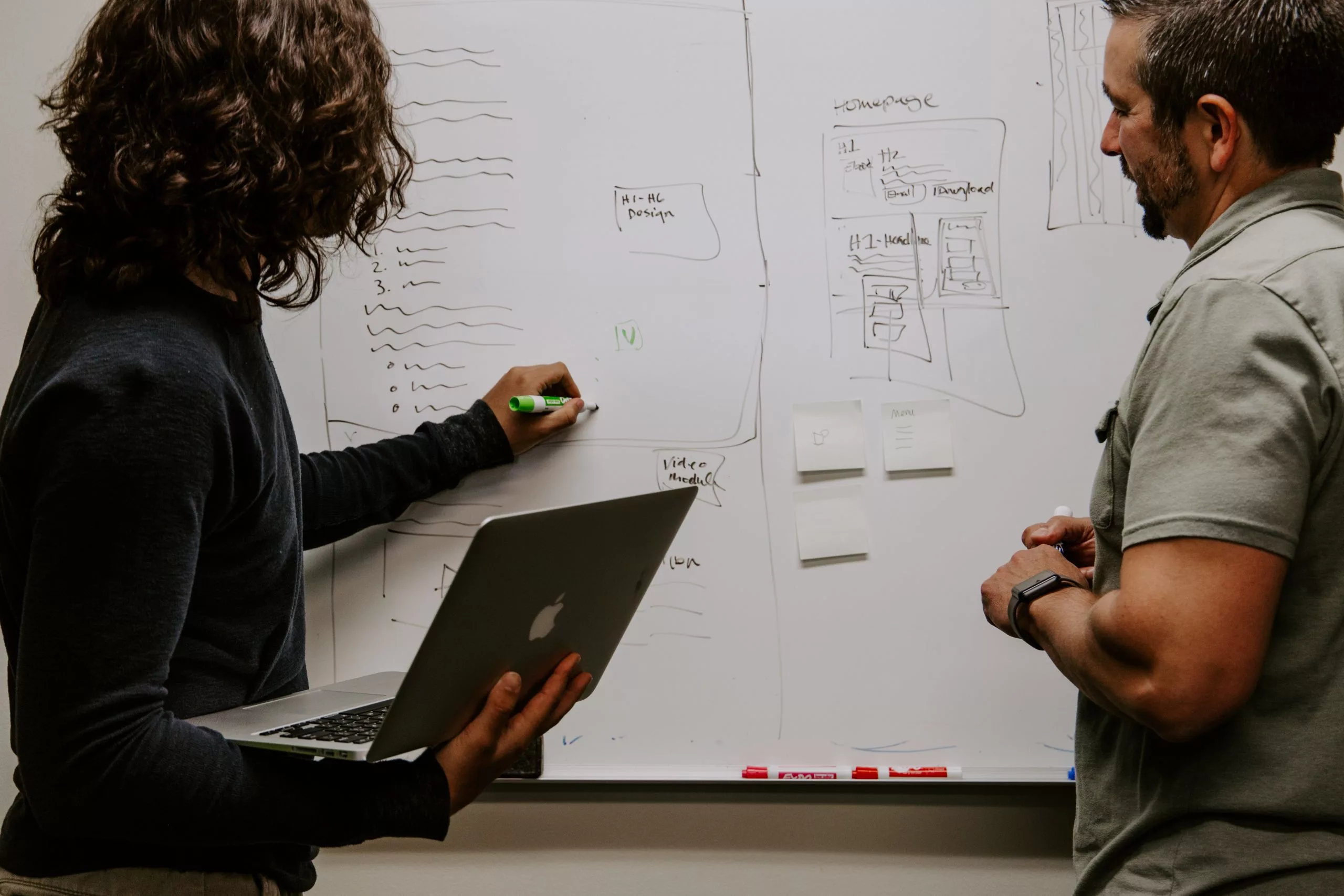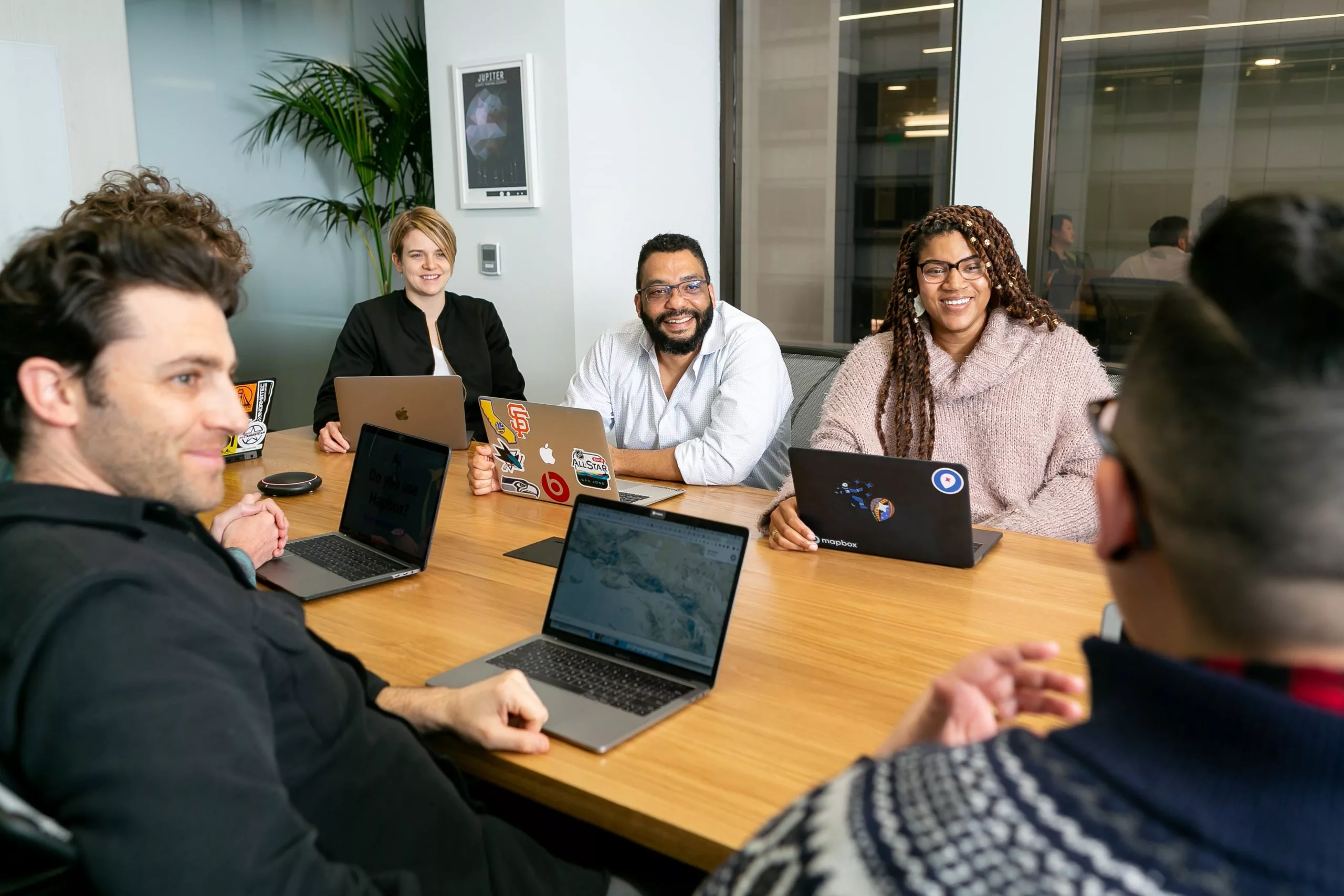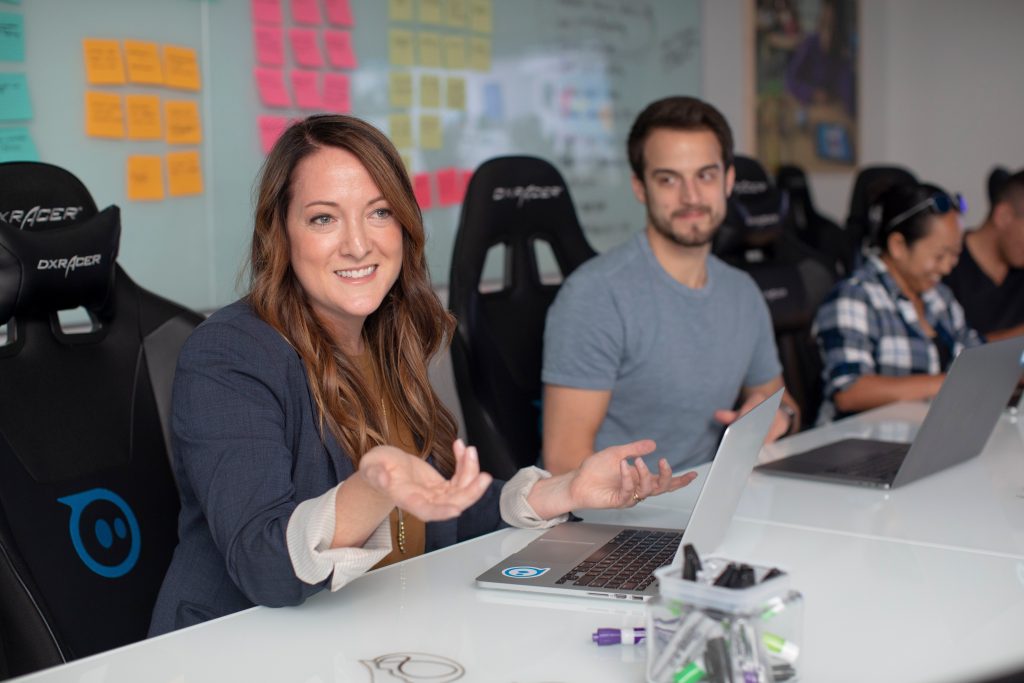Effective communication is vital in the corporate world, and listening plays a crucial role in successful communication. However, listening is often overlooked or undervalued in training programs.
To address this gap, incorporating listening training games into employee training courses can be highly beneficial. We hear this from customers who regularly use our training courses.
Listening training games provide a dynamic and engaging way to enhance listening skills.
They encourage active participation, foster teamwork, and create a safe environment for employees to practice and improve their listening abilities.
These games enhance communication skills and promote empathy, understanding, and collaboration among team members.
Organizations can reap several benefits by incorporating listening training games into corporate training courses.
Improved listening skills lead to a better understanding of instructions, increased productivity, enhanced problem-solving abilities, and stronger relationships among team members.
Moreover, effective listening reduces misunderstandings, conflicts, and errors, resulting in a more efficient and harmonious work environment.
Now, let’s explore ten listening training games that can be incorporated into employee training courses:
1. Guess the Sound
In this game, participants listen to various sounds and try to identify them. It enhances active listening skills and helps participants focus on differentiating between sounds.
2. Storytelling Relay
Participants form teams and take turns telling a story. Each team member listens carefully to the previous person’s contribution and continues the story from where it left off. This game improves listening comprehension and encourages active listening.
3. Active Listening Pairs
Participants work in pairs, taking turns speaking and listening. The listener must summarize and reflect on what the speaker said, promoting active listening and comprehension.
4. Listening Circle
Participants sit in a circle, and one person starts by whispering a message to their neighbor. The message is passed around the circle, and the last person shares what they heard. This game highlights the importance of attentive listening and the potential for miscommunication.
5. Listening Scavenger Hunt
Participants are given a list of specific information they need to gather by actively listening to their colleagues. This game encourages active listening, information retention, and collaboration.
6. Non-Verbal Communication Challenge
Participants engage in a non-verbal communication challenge, where they must convey messages using only gestures, facial expressions, and body language. This game enhances listening skills by emphasizing the importance of non-verbal cues.
7. Listening and Drawing
Participants listen to a set of instructions and draw what they hear. This game improves listening accuracy and attention to detail.
8. Listening Role-Play
Participants engage in role-playing scenarios where they must actively listen to their partners’ cues and respond accordingly. This game enhances listening skills in real-life situations.
9. Listening Reflections
Participants listen to a short audio clip or watch a video and then reflect on what they heard. This game promotes active listening and critical thinking.
10. Listening Quiz Show
Participants compete in teams to answer questions based on information they listened to during the training course. This game reinforces listening skills and knowledge retention.
Discussion: The Impact of Listening Training Games
Listening training games provide a valuable opportunity for employees to develop and refine their listening skills.
By incorporating these games into corporate training courses, organizations can foster a culture of effective communication, collaboration, and understanding.
Improved listening skills lead to enhanced productivity, reduced conflicts, and a more harmonious work environment.
Therefore, investing in listening training games is a worthwhile endeavor for any organization committed to the professional development of its employees.

















![Special Offer: Full Training Course Material Bundle [Unlock All 52 Products Instantly]](https://www.oakinnovation.com/wp-content/uploads/2024/08/centre-for-ageing-better-cPyO3GEYjZ4-unsplash-2048x1365-1-350x250.webp)
























































